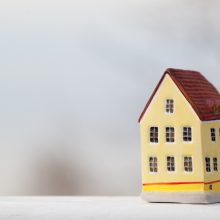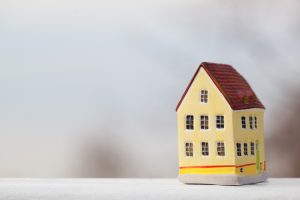Why Tiny Houses are Good

 What Is a Tiny House?
What Is a Tiny House?
With recent interests in space, time, and financial efficiency, people all over America have been hopping on board with the concept of the tiny house. A tiny house is a living space constructed on around 400 square feet or less which forces the owner to live a sustainable and minimalist lifestyle. The popularity of the tiny house has risen in the past few years due to changes in the economic and political climate of the US. In some cases, the tiny house is mobile and allows owners to move about the country with their home on wheels. Today, the tiny house concept has become more than an alternative way of living, it is a movement that allows people to make the most of resources available to them, whether it is limited funds, space, or living situation, the tiny house is a practical option.
How Will a Tiny House Save Money?
Building a tiny house is not as expensive as you might imagine. Tiny houses take up very little space, so you don’t need a large plot of land for construction. The average tiny house is made of inexpensive materials like plywood and utilizes as much space as possible. Instead of spreading the living space wide to accommodate the owner, lofted areas allow the tiny house to take less ground space without sacrificing basic necessities.
Additionally, a tiny house typically allows the owner to live mortgage free. Around 78% of participants own their tiny house compared to the millions of people in American who rent their living spaces. The average tiny house is valued at less than 10,000 dollars, so you don’t need to accrue large savings to be able to afford one. Because of the size of these tiny houses, they are also energy efficient and require less lighting and overall energy expenditures, saving on monthly electricity costs. In many ways, the smaller space forces tiny house people to live life with only the essentials. The limited space does not allow for an abundance of consumer products, so residents are more inclined to save money and not spend on unnecessary items because they will not fit into their tiny houses.
The Tiny House in a Modern Context
Today, tiny house living makes sense. With technology constantly advancing and innovations making our lives easier, the tiny house is more realistic than it has ever been before. All-in-one products allow tiny house people to make minimal purchases to accommodate their small spaces. From an environmental perspective, tiny houses contribute a small carbon footprint, considering the lower energy use. Because most tiny houses are mobile, people are able to move to wherever they are needed, so you don’t need to commit to a location. The tiny house movement also opens up room for new innovations for practical and sustainable use, bringing together science and lifestyle norms. As a revolution against traditional living, the tiny house community offers a wide variety of resources for those considering making the change. Online tutorials and printable housing plans make building your own tiny house totally possible.
Summary
As America’s economic and political contexts are constantly changing, the tiny house offers a sustainable way of life to those who are not interested in committing to a traditional lifestyle. Often, maintaining a normal sized house consumes are large amount of energy in the form of electricity (lighting and regulating temperature) as well as on the part of the home owner who must accrue large amounts of money to both purchase and maintain the house. Minimal lifestyles have recently become quite popular, and the tiny house is the perfect way to transition into a minimal lifestyle because of the space limitations. Tiny houses are affordable and give homeowners freedoms that they would not be able to achieve in a traditional house such as living mortgage free, the ability to move the entire home, and complete control over the house including its construction.
